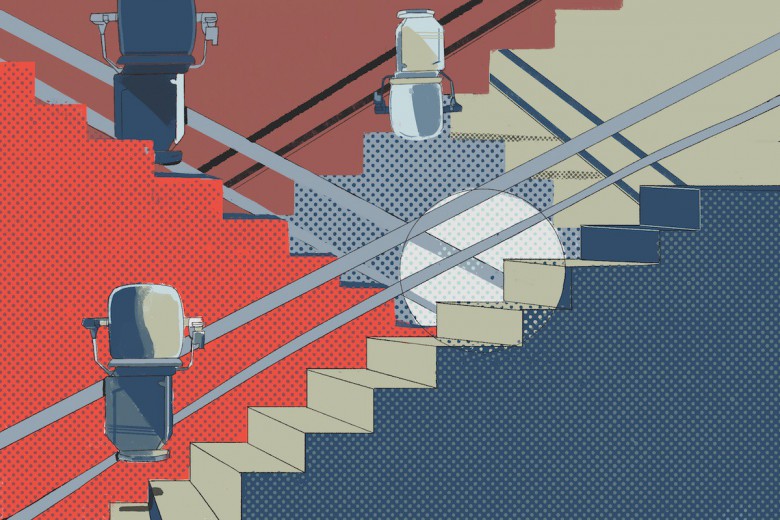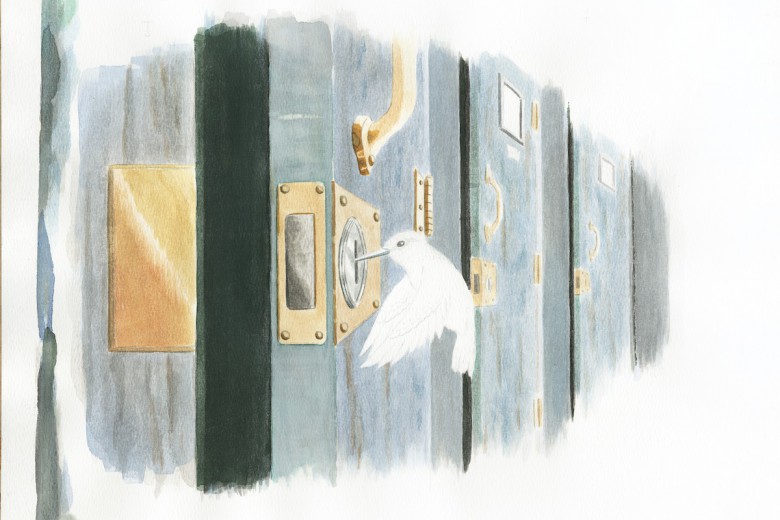Today is the last day of operations for the Saskatchewan Transportation Company (STC), the Crown bus line that has served communities across Saskatchewan since 1946.
The decision to wind down STC – delivered, to some surprise, as part of the March 22 provincial budget – has generated lots of talk about whether or not we should have kept the company running. But I want to step aside from the debate over whether STC should’ve been shut down, and make a point about how it’s being shut down.
Right now, the Saskatchewan government is in the process of replacing 39 publicly owned liquor stores with private retailers. This is being done through a gradual transition, where the public stores remain in business until their private replacements are ready to open.
Think about that for a moment: this government managed to do the advanced planning needed to ensure that, despite the shutdown of Crown businesses, no community will see its ability to buy booze interrupted for even a day.
But the Crown-owned intercity bus company? The service that, as news story after news story has highlighted, is depended on by rural people who need to reach medical appointments in the city? The service that, for decades, has reliably offered freedom of movement to those who would otherwise be isolated because they don’t drive?
Here today, gone tomorrow.
Maybe private businesses will eventually fill the service gap this creates, as the provincial government is keen to suggest – 11 companies have already gone as far as to apply for licences to carry passengers on former STC routes. But that’s not much help if you need to get from a small town to a cancer treatment next week and your means of doing so just disappeared.
Unlike the question of whether STC should have continued operations, this isn’t matter of ideologies or principles. It’s just bad policy, full stop.
If you want to dispose of a public asset that provides a service people depend on, it’s not enough to just express confidence that companies will step up and take over. If the government wanted to wind down STC, it should have started the process a year or more ago. It should have taken proposals from interested companies, vetted them, awarded routes, and arranged for them to have their busses rolling as soon as STC’s were parked for the last time.
Bottom line, people who need to get on a bus tomorrow should have been able to do so, STC or no. What does it say about our government’s attitude toward the people who depended on STC, that they’re being left to uncertainty and desperation while the sale of liquor is assured an uninterrupted continuation?
Decisions like this show where a government’s priorities are – and clearly, bus riders are not high on the list.







